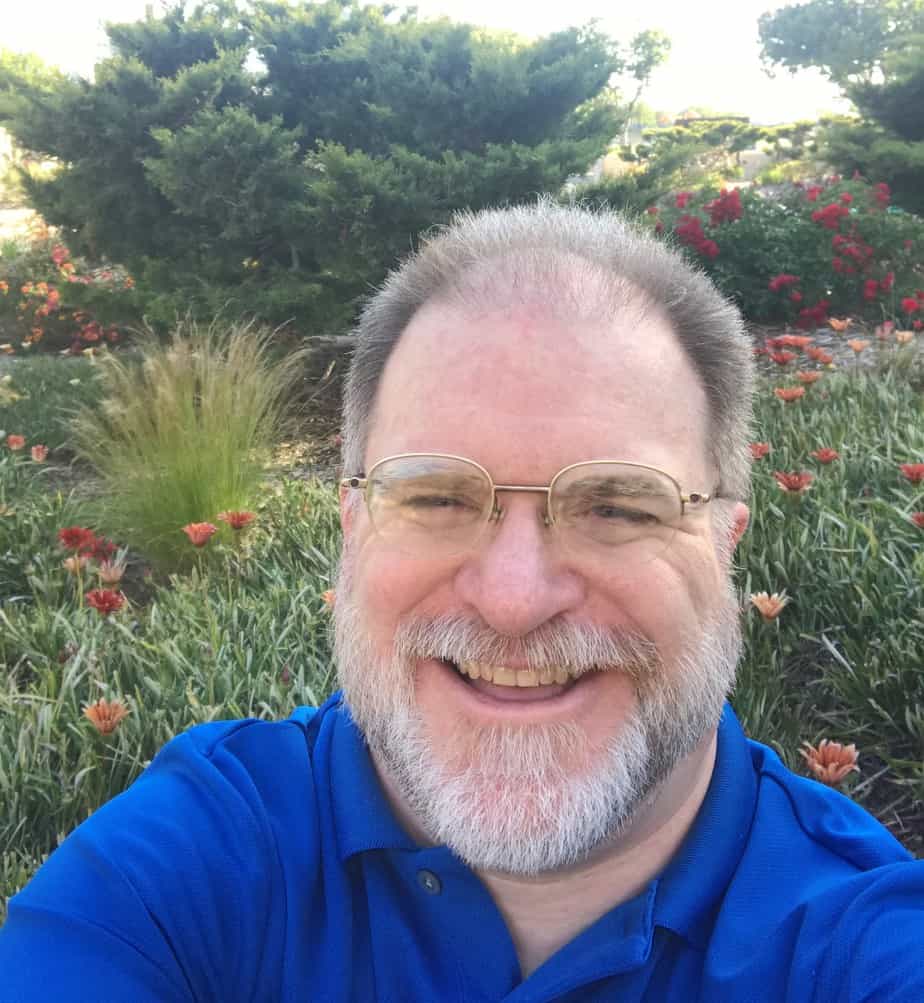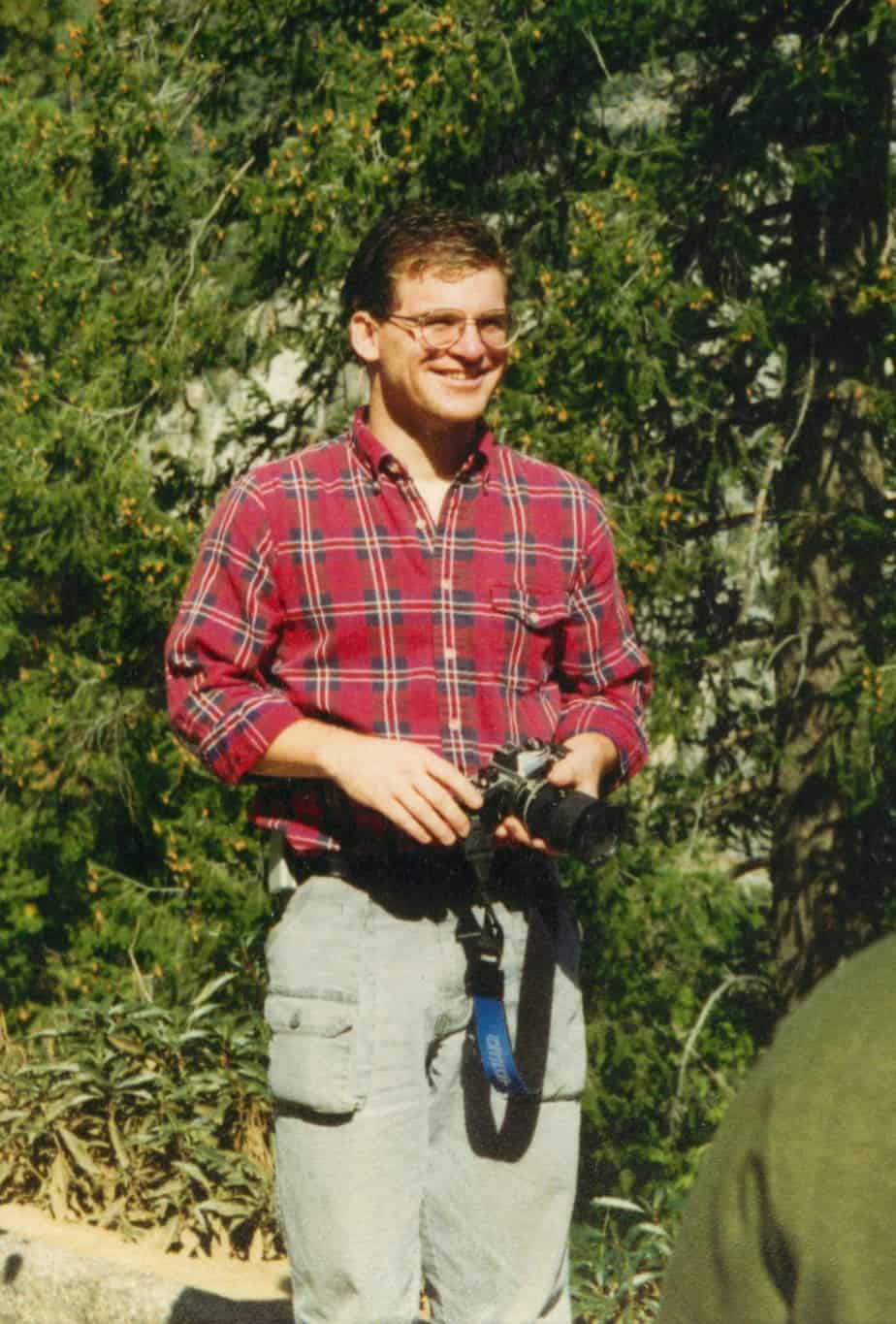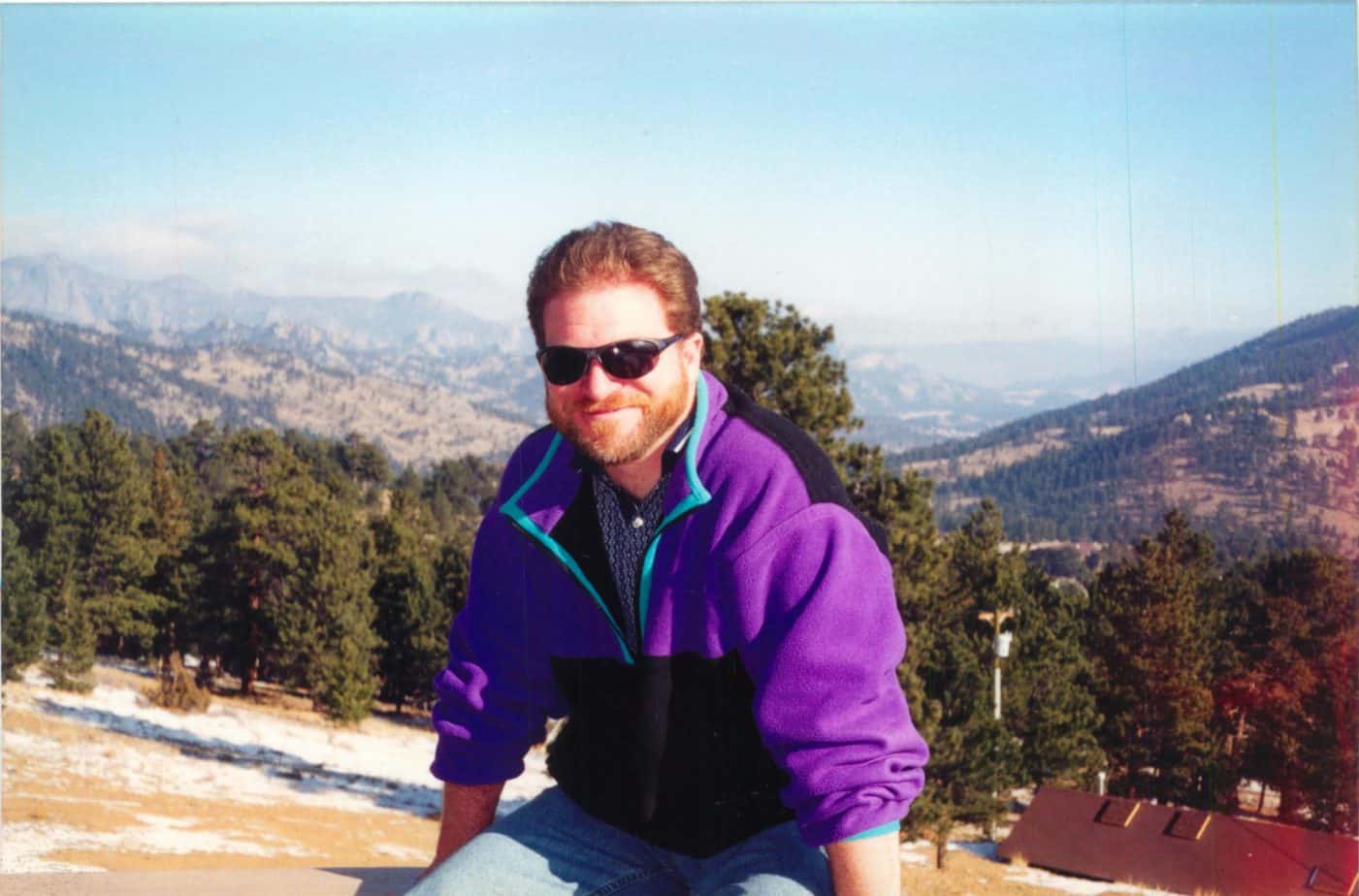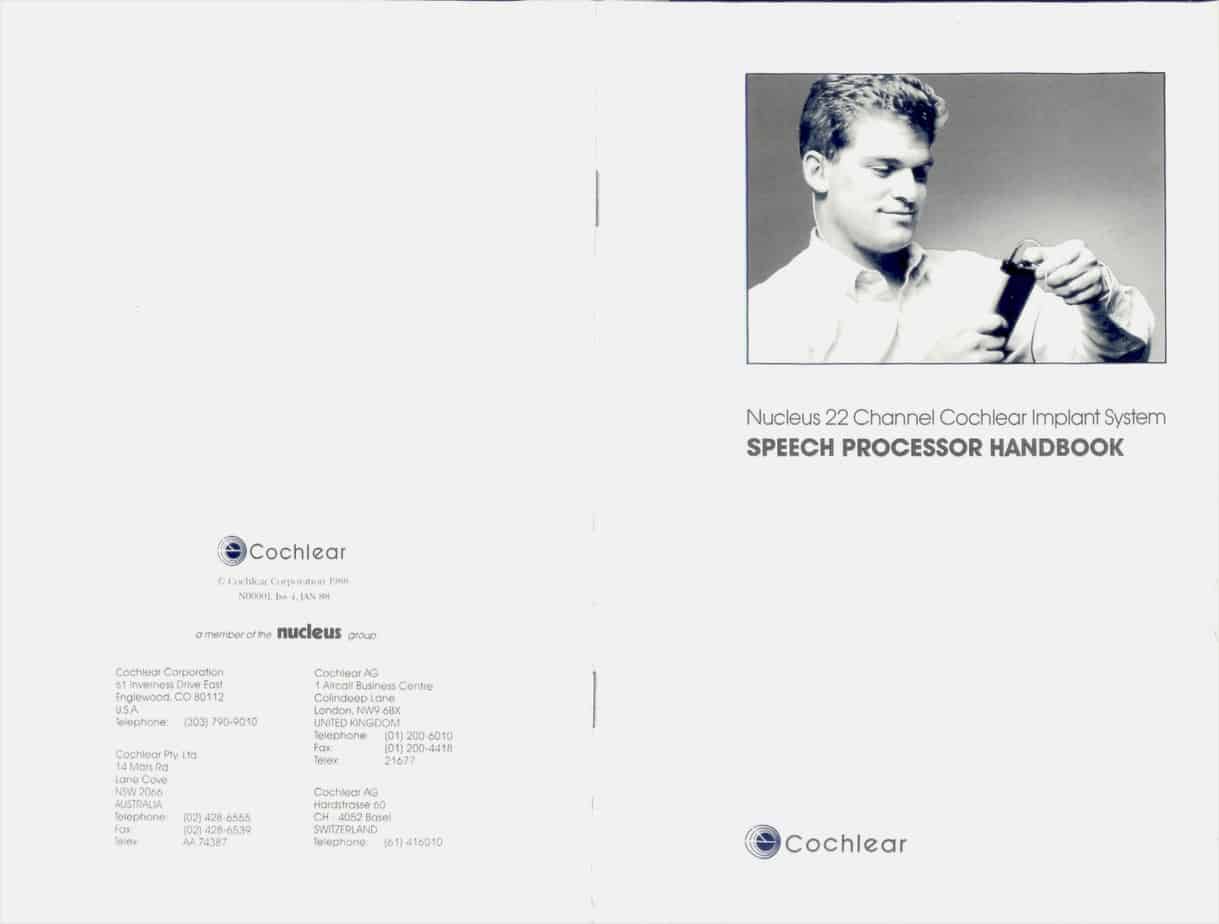When Dan was in college in the 1980s, he realized that lipreading alone would not be sufficient to help him succeed. His father was a doctor and always kept an eye out for new ways to treat hearing loss. When he learned about multichannel cochlear implants, they decided it was worth a shot. In 1987, Dan became one of the earliest cochlear implant recipients and has helped countless others as a volunteer.
“Around the age of 5, my parents first noticed that I had mild hearing loss in one ear and a slightly more severe loss in the other ear, but it wasn’t deemed severe enough to require hearing aids. In first grade in 1972, I contracted the mumps, which destroyed the hearing in my ‘good’ ear overnight and further damaged the hearing in my ‘bad’ ear. I started using hearing aids that became increasingly powerful as my hearing loss progressed.
Living with hearing loss
 It was difficult! By the time I got my cochlear implant, my oral communication comprehension rate (based on a standardized test) without lipreading had decreased to less than 30 percent. This was how I had lived for 15 years.
It was difficult! By the time I got my cochlear implant, my oral communication comprehension rate (based on a standardized test) without lipreading had decreased to less than 30 percent. This was how I had lived for 15 years.
Growing up in Colorado, my father was a doctor and was friends with the town’s ear doctor. Between the two of them, along with annual testing trips to the children’s hospital, we continuously looked for ideas that might help me live with my hearing loss.
Back then, severe, or profoundly deaf kids were usually sent off to the state school for the deaf and blind. My parents chose a different path and enrolled me into mainstream schools, supplemented with speech therapy in my early years.
How the chalkboard got a better education than me
 My father discovered the CochlearTM Nucleus® 22 multichannel implant had become available on an experimental basis. After some investigations, we made plans to meet and talk with Colorado’s leading expert. We decided to go ahead and get an implant for my ‘bad’ ear and surgery was scheduled for the summer of 1987.
My father discovered the CochlearTM Nucleus® 22 multichannel implant had become available on an experimental basis. After some investigations, we made plans to meet and talk with Colorado’s leading expert. We decided to go ahead and get an implant for my ‘bad’ ear and surgery was scheduled for the summer of 1987.
I was studying to become a doctor in college, but my hearing impairment prevented me from obtaining this goal. For example, the organic chemistry professor routinely faced and talked to the chalkboard for the duration of the class. I got lost almost from day one. I joke about how the chalkboard got a better education than I did!
The truth was, even with excellent lipreading skills, I couldn’t compensate for the situation. This led to my decision to take the risk of improving my hearing so I could function ‘normally’ in the real world.
Those first few years with a cochlear implant was like learning Spanish
There was no confetti or fanfare moment when my cochlear implant was activated. I had to learn how to hear with my bad ear again after going without sound for 15 years. Because it was new and experimental, there were no manuals or tools for learning to live and hear with a cochlear implant.
I still used a hearing aid in my other ear, which meant I wasn’t relying on the cochlear implant. It was like trying to learn Spanish by taking a class once a week. While you might get some understanding of the language, you’d never be a native speaker.
Two years after my implantation, the hearing aid on my ‘good’ ear broke. That was when I had to immerse myself and rely solely on my cochlear implant. Shortly afterwards, my comprehension really started to take off.
My mom summarized my journey best when she said that it was worth every penny, so I could call her once a week and let her know how I was doing. For someone who could never use the phone before my implant, this was a huge change.
The power of hearing again
 Getting the cochlear implant allowed me to do things I would never have been able to do otherwise. I’m grateful I got the opportunity. Although I wasn’t able to become a doctor, I did graduate with a degree in business economics. I went on to work for a major tech company for 12 years, where I advanced in my career and became an engineering project manager. I went on to join two startups where my ability to communicate was critical to my success.
Getting the cochlear implant allowed me to do things I would never have been able to do otherwise. I’m grateful I got the opportunity. Although I wasn’t able to become a doctor, I did graduate with a degree in business economics. I went on to work for a major tech company for 12 years, where I advanced in my career and became an engineering project manager. I went on to join two startups where my ability to communicate was critical to my success.
My relationship with my family greatly improved as well. Growing up hearing impaired placed a great deal of stress on our family relationships. I’m sure it caused issues with my siblings as they grew up, as my parents had to give me extra attention. Communication is easier now, and the stress has been alleviated. I only wish the technology became available earlier.
Tips for those with hearing loss

I’m hitting a milestone birthday: 55! I’m contemplating what I want to do with my career. I want to find meaningful work and help society.
I’ve been a Cochlear volunteer from the very beginning. I hope my experience can help others. If you’ve experienced recent hearing loss and you’re on the fence, my advice is ‘don’t wait.’ The earlier you get a cochlear implant after your hearing loss, the better off you may be. I also think that your motivation for wanting to hear again plays a critical factor in how successful you’ll be with your implant.
Personally, I don’t think you need to worry about the longevity of the implant. Mine’s been working like a charm for over 34 years. When the external parts need replacing and need an upgrade for a new sound processor, it’s easily done.”
Are you struggling to hear, even with hearing aids like Dan, one of the earliest cochlear implant recipients was? Learn more about cochlear implants to regain your world of sound here.